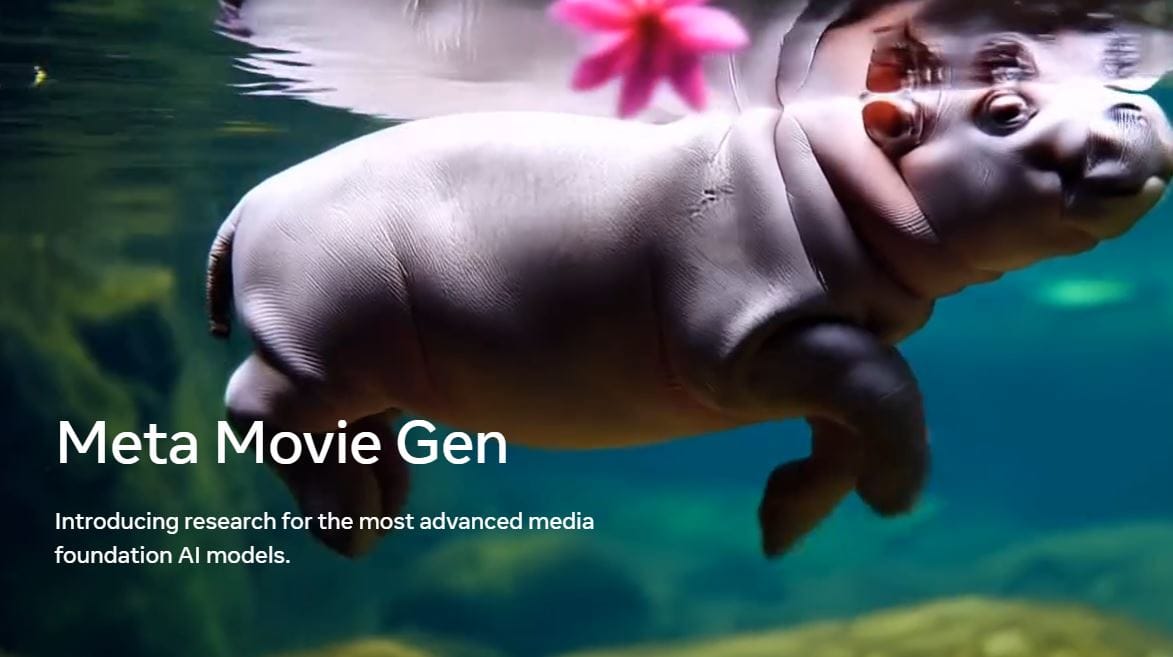Ever wondered why we react a certain way or why some behaviors seem instinctual? Evolutionary psychology dives into human behavior by peering back at our ancestors—no, not your awkward high school years, but waaaay back, like stone tools and woolly mammoths back. This branch of psychology explores how evolution has shaped our actions today, from our fight-or-flight responses to the odd craving for comfort foods. Let’s connect the dots and see why we might still be channeling our inner cave person.
What Exactly is Evolutionary Psychology?
At its core, evolutionary psychology is like a time machine for the mind. It suggests that many of our behaviors, thoughts, and emotions are not just products of our individual experiences or cultural conditioning, but are deeply rooted in our evolutionary history.
Think of it this way: our brains are like smartphones running on an operating system that was designed for a much older model. Sure, we’ve got some fancy new apps (hello, social media addiction!), but the basic hardware hasn’t changed much since our ancestors were roaming the savannah.
Why Should We Care About our Caveman Brains?
You might be thinking, “Okay, so we’ve got some ancient wiring. So what?” Well, my curious friend, understanding this can be incredibly enlightening. It can help explain:
- Why we sometimes act irrationally
- Our deepest fears and desires
- The roots of common psychological issues
- How to better navigate our modern world
Imagine you’re at a party (remember those?). You spot someone attractive across the room, and suddenly your heart races, your palms sweat, and you feel a bit dizzy. That’s not just you being awkward – that’s millions of years of evolution telling you to go forth and reproduce!
Why Are We Still Acting Like Cave People?
To grasp evolutionary psychology, you have to first ask: how did evolution actually shape human behavior? Think about it like this—early humans faced life-or-death situations daily. Whether it was outrunning a predator or foraging for food, survival wasn’t guaranteed. So, over time, our brains adapted, selecting behaviors that made survival more likely. These adaptations didn’t just vanish with the invention of smartphones; they stayed with us. It’s why you might feel a sudden urge to run when something startles you, even if it’s just a squirrel.
But here’s the kicker—those behaviors don’t always align with our modern world. No longer do we need to hunt mammoths (unless they make a comeback on Netflix), but our brains still operate with that ancient wiring. This mismatch between our evolved brain and today’s society is one of the key focuses of evolutionary psychology. So, if you’ve ever wondered why you sometimes act on instinct rather than logic, evolution might have an answer.
Why Do We Love Junk Food (Even When We Know We Shouldn’t)?
Alright, let’s tackle one of the most relatable questions—why do we crave unhealthy foods, even though we know we shouldn’t? Turns out, our love for high-calorie foods like doughnuts and pizza has evolutionary roots. Back in the day, calories were scarce, so our ancestors evolved to seek out foods that were energy-dense. In a world where every meal was uncertain, it made sense to pack on the calories when you could.
Fast forward to today: we’ve got fast food joints on every corner, but our brains still tell us, “Hey, grab those fries, you might not eat for a while!” Of course, our modern world doesn’t usually present us with the same threats of starvation, but the drive remains. Evolutionary psychology helps us understand that what once was a survival mechanism is now a tug-of-war between our instincts and the abundance of food.
Is Our Fear of Public Speaking an Evolutionary Quirk?
Let’s talk about fear—particularly the fear of public speaking. Most people would rather wrestle a bear (or at least face something less terrifying) than stand in front of a crowd and talk. From an evolutionary standpoint, this fear makes a lot of sense. In a tight-knit group, being judged or ostracised by others could be dangerous to your survival. Speaking up might have meant challenging the status quo, risking social rejection, or worse, expulsion from the tribe.
In today’s world, the stakes aren’t quite so high (you won’t be exiled for a bad presentation), but the anxiety remains. Evolutionary psychology explains that our brains are wired to fear social rejection, even though the consequences are much more manageable now.
Why are we so obsessed with status?
In our ancestral environment, higher status meant better access to resources and mates. Today, we might not need a bigger cave or more mammoth meat, but that drive for status is still with us. It’s why we care about job titles, social media likes, and having the latest gadgets.
Can Evolution Explain Our Love Lives?
Now, onto the juicy stuff—relationships! Ever wondered why we’re drawn to certain types of people? Evolutionary psychology can shed some light on that. According to this theory, many of our relationship behaviors are linked to reproduction and survival. Men, for instance, may subconsciously seek traits that suggest fertility, like youth and health, while women may look for qualities that signal stability and protection, like resources or confidence.
It’s not just about who we’re attracted to, though; it’s also about how we behave in relationships. Think about jealousy, for example. It might feel irrational sometimes, but evolutionary psychologists argue that jealousy evolved as a way to protect against threats to a relationship, like infidelity, which could undermine survival and reproductive success.
Is Evolutionary Psychology All About Sex and Survival?
While mating and survival are certainly big themes in evolutionary psychology, the field explores much more. It delves into areas like:
- Altruism and cooperation
- Language development
- Decision-making processes
- Emotional responses
- Social dynamics
For example, our tendency to form close-knit social groups likely evolved as a survival strategy. In our ancestral environment, being part of a group offered protection, shared resources, and better chances of survival. Today, this manifests in our need for social connection and our discomfort with isolation.
Are Modern-Day Problems Just Evolutionary Holdovers?
Here’s where things get interesting: many of the problems we face today can be traced back to evolutionary roots. Anxiety, stress, and even depression can all be seen as evolved responses to the environment. In a dangerous world, anxiety might have been a useful survival tool, keeping early humans on their toes. Stress would have pushed our ancestors to act quickly when threats arose.
But, as we’ve noted, modern life isn’t filled with the same physical dangers, yet our brains haven’t quite caught up. Instead, we experience anxiety over work deadlines or social media notifications—modern-day equivalents of the saber-toothed tiger, but perhaps less life-threatening.
How Does Evolutionary Psychology Help Us Today?
So, what’s the point of all this? Why does understanding evolutionary psychology matter in our modern lives? Well, by recognising the evolutionary roots of our behaviours, we can start to navigate them more effectively. For instance:
- Knowing that cravings for junk food stem from evolutionary survival mechanisms can help us make more conscious eating choices.
- Understanding that anxiety around social situations is a leftover survival tactic might give you the courage to push through your fear of public speaking.
- Realizing that relationship challenges like jealousy have evolutionary underpinnings can help you communicate better with your partner.
In short, evolutionary psychology offers a framework for understanding why we behave the way we do—and how we can better manage those behaviors.
Are We Evolving Beyond Our Ancestors?
So, here’s the million-dollar question: are we still evolving? Evolutionary psychology suggests that while the pace of biological evolution has slowed, our environment continues to shape our behaviors. We may not face the same threats as our ancestors, but new challenges—like technology, climate change, and social structures—are continuously pushing us to adapt.
In the end, we are modern-day cave people, still navigating the world with ancient wiring. But understanding where our instincts come from gives us the tools to make better choices, whether it’s how we manage stress, handle relationships, or even decide on dinner.
Is Evolutionary Psychology Controversial?
Like any field that deals with human behavior, evolutionary psychology has its share of debates and controversies. Some critics argue that it’s too reductionist, oversimplifying complex human behaviors. Others worry about potential misuse of evolutionary explanations to justify harmful behaviors or societal inequalities.
These are valid concerns, and it’s important to approach evolutionary psychology (like any science) with a critical mind. It’s a tool for understanding, not a prescription for how things should be.
Final Thoughts
Evolutionary psychology doesn’t just explain our quirks; it offers insight into how we can live more mindfully. By recognizing that much of what we do is rooted in survival mechanisms from a distant past, we can start making choices that better align with our modern world—whether that’s resisting the call of the doughnut or embracing the discomfort of public speaking.
After all, while we may still have a bit of the cave person in us, we’ve also come a long way. And understanding that evolution is just another step in continuing the journey.






